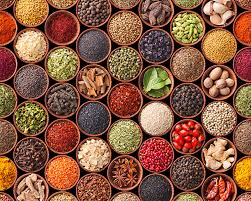Reuters ,India’s imports of pulses such as chickpeas could slump by 60% to a million tonnes in the 2020-21 financial year on domestic bumper production and government measures to curb overseas purchases, the head of a leading trade body said on Friday.
Lower imports by India, the world’s biggest consumer of protein-rich pulses will help to support domestic prices, but will affect farming communities in Canada, Australia, Myanmar and Russia.
India’s pulse imports are likely to treble to 2.5 million tonnes in the 2019-20 financial year to March, Jitu Bheda, chairman of the India Pulses and Grain Association, said on the sidelines of the Pulses Conclave industry conference.
Given that record imports of pulses led to a crash in domestic prices in 2016-17, India introduced import quotas for varieties such as yellow peas, green gram and chickpeas.
According to government quotas, traders could ship in only a million tonnes of pulses, but dealers imported an extra 1.5 million tonnes by petitioning various courts.
Trade and industry officials say authorities have tightened loopholes to ensure that traders do not get to import beyond the quota fixed by the government.
Next year traders may be able to import only the 1 million tonnes allowed by the government, Bheda said.
Yellow peas, a substitute for home-gown chickpeas, account for nearly half of India’s total pulse imports. But this year’s domestic chickpea output is expected to exceed the previous year’s production of 10.13 million tonnes, obviating import needs.
Chickpea prices are currently trading at about 4,000 rupees per 100 kg, substantially lower than the government-set guaranteed price of ₹4,875.
This could force the government to ask agencies such as the National Agricultural Cooperative Marketing Federation of India (NAFED), a leading farmers’ cooperative, to buy produce from farmers, Bheda said.
NAFED could make more purchases at the government-set price this year than last year to help farmers, said NAFED executive Sunil Kumar Singh. In 2019 NAFED bought 2.7 million tonnes of chickpeas from farmers.
“We are ready for as much procurement as required. There is not a set target,” Singh said.

